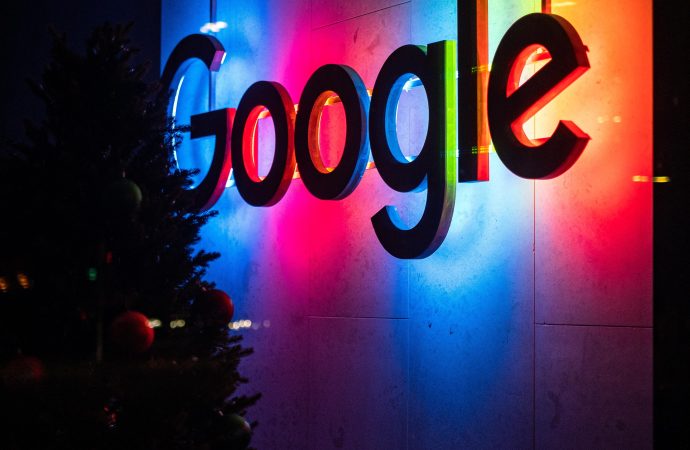As Google continues to push the boundaries of artificial intelligence, they’ve made some bold moves in the way they manage their workforce. In recent years, the tech giant has implemented a series of “perk reductions” aimed at streamlining operations and fostering a more focused work environment. But is this new approach really paying off? In
As Google continues to push the boundaries of artificial intelligence, they’ve made some bold moves in the way they manage their workforce. In recent years, the tech giant has implemented a series of “perk reductions” aimed at streamlining operations and fostering a more focused work environment. But is this new approach really paying off? In this blog post, we’ll explore both sides of the debate and take a closer look at whether less truly is more in the age of AI. So grab your coffee and get ready for an insightful analysis that just might change how you think about workplace perks!
What is Google’s Perk Reductions?
Since announcing its intention to phase out some of its perks, Google has been getting a lot of backlash. But is less really more? In this age of AI, it might just be.
Google’s perk reductions are a clear attempt to compete with automation and AI. By eliminating some of the benefits that have drawn employees to Google in the first place— such as unlimited vacation and sick days, free food, and flexible work hours—the company is hoping to keep talent on board and attract top-tier engineers.
On the surface, the changes may seem harsh. But they’re also necessary if Google wants to stay ahead of the technology curve. Plus, employees can now take advantage of other companies’ perk programs if they want (just make sure you max out your annual leave).
Some people argue that Google’s perk reductions will lead to decreased employee morale and creativity. Others contend that the company will simply find new ways to automate tasks once those amenities are gone. Ultimately, it’s up to each individual to decide whether or not they’d miss certain perks at work.
The Pros and Cons of Google’s Perk Reductions
Perks have been a staple of Google’s workplace culture since the company began operations. In March, 2018, however, Google announced that it would be reducing the number of perks available to employees. The changes, which went into effect on July 1st, include axing free food and snacks in favor of healthier options, ending free massages and facials, eliminating unlimited vacation days and moving towards a four-week work period instead of five.
There are a number of pros and cons to these changes. On the pro side, proponents argue that this will force employees to be more cognizant about their health and well-being. They also note that the change will make employees more productive as they aren’t spending half their time commuting or on vacation. Conversely, those who enjoy taking advantage of the freebies say that they’ll be forced to find new ways to work productively within the four-week timeframe. And for those who value leisure time above all else, there’s likely going to be a lot less of it available under these new rules.
How Will These Changes Affect Me?
Google’s recent change to its perk program may be having a negative impact on employee productivity. Google has reduced the number of perks offered to employees, such as free food and transportation, in an effort to save money. The changes have sparked criticism from employees who argue that they are losing out on important benefits that make working at Google enjoyable.
The benefits of perks can be significant. Not only do they improve workplace morale, but they can also lead to increased productivity. According to a study by Professor Elyse Levertov of UC Berkeley, workers who receive positive perks experience 27% more output than their colleagues who do not enjoy perks.
However, some argue that the reduction in perks is hurting employee morale. Employees are unhappy with the decision because it eliminates some of the things that make working at Google special, such as free food and transportation. This dissatisfaction could lead to decreased productivity since employees are less likely to put 110% into their work when they know they will not be rewarded for it.
There is no easy answer for how these changes will affect employees. On one hand, eliminating certain perks can save Google money and improve workplace efficiency. On the other hand, reducing employee satisfaction may have a negative impact on productivity because employees are less likely to give 110% when they know their efforts will not be recognized. It will be interesting to see how these changes play out over time and how they affect employee morale and productivity
Conclusion
While Google’s recent policy change to reduce the number of free perks offered through its Gmail and YouTube platforms has caused some uproar, it is important to consider the pros and cons of these changes. On one hand, free perks can be a nuisance when you have to constantly remind people that you’re providing something for free. On the other hand, people may not value or use some of those benefits as much as they should if they are given away for no cost at all. As AI continues to evolve and impact our lives more and more, it will be interesting to see how Google weighs up these different options in order to continue providing valuable services without alienating its users.

















Leave a Comment
Your email address will not be published. Required fields are marked with *